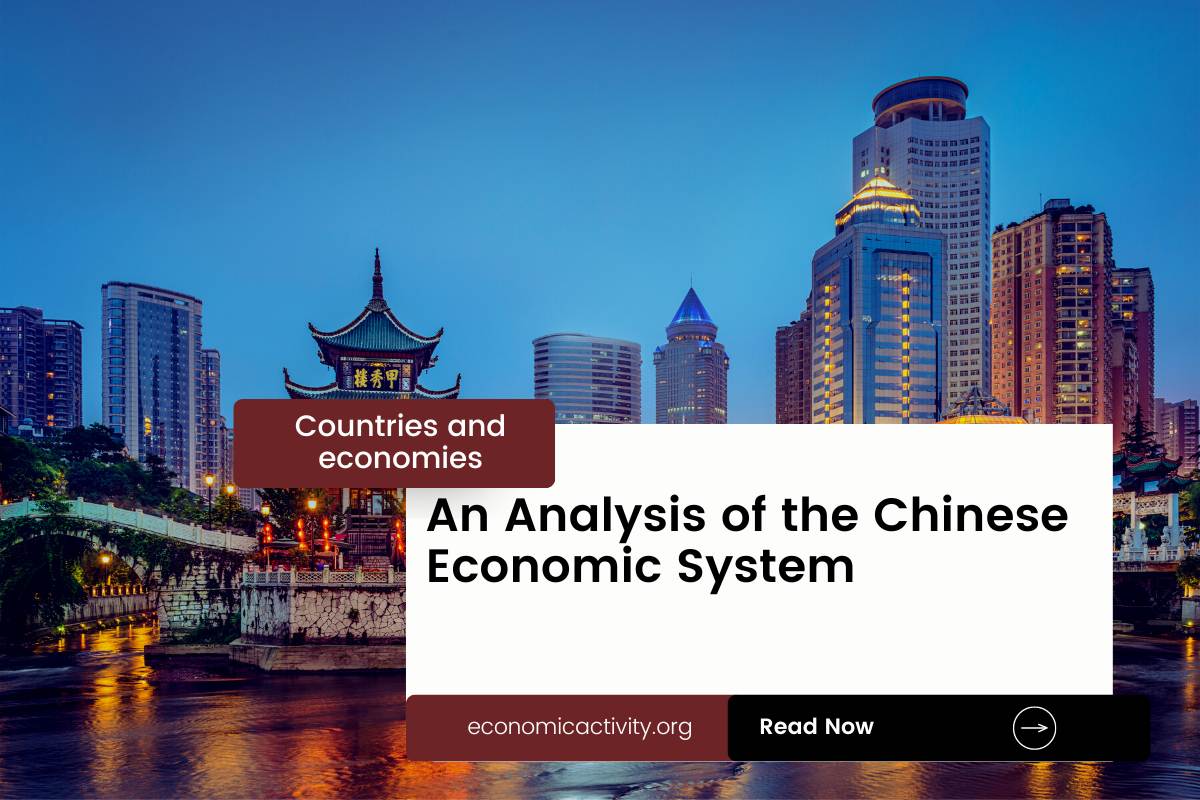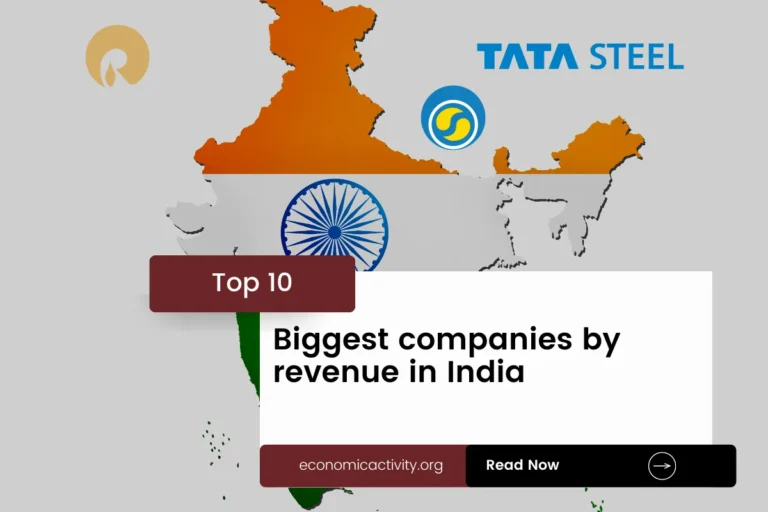What is the economic system of China? The economy of China is based on a mixed socialist-oriented market economy. The country’s economic system combines elements of a market economy and a planned economy, but the country even when claimed not to have achieved socialism or communism is building and working toward the establishment of socialism in its territory.
In China, the economy is composed of a private sector, consisting of individuals and businesses that make autonomous decisions based on self-interest, and a public sector, where the state determines the production and distribution of specific goods and services. No country is purely capitalist or purely communist.
What do the freedom indexes tell about the economic system of China?
Now, to determine if a country is mostly a market economy or a planned economy, it is useful to examine some economic indexes. For instance, according to the 2022 Index of Economic Freedom, which measures the ability of every human to control his own labor and property, China is ranked 158th globally and 35th in Asia-Pacific indicating that the country has a repressed economy.
In a similar way, the 2022 Freedom House index evaluates the state of political rights and civil liberties globally. Generally, market economies tend to align more with democracy and freedom, while command economies tend to be characterized by greater state control and fewer democratic and civil liberty protections. China gets a score of 9/100, which qualifies it as Not Free. China is a country where the government controls what people do for political reasons, and people have limited freedom to choose (what, how much and how to produce, whether to buy or not, selling price, etc.)
The Link Between Public Sector Employment and the Economic System of China
An indicator of the extent to which the State is involved in the economy is the number of public sector employees. In China, according to ILOSTAT, the number of public sector employees as a percentage of the total workforce is 28.0% (2012). Mixed socialist-oriented economies are characterized by central planning and state control over most economic activity. In such economies, the government tends to be the largest employer, and the number of public sector employees as a percentage of the total workforce is higher.
What does the biggest company in China say about the country’s economic system?
The biggest company in China should also be looked at, as well as whether it is a state-owned or private company. In this case, Alibaba is a mixed private-public company from China. It is owned by both private and public investors, making it a hybrid of the two sectors. The company is a multinational technology company specializing in e-commerce, retail, Internet, and technology.
More: Top 10 Biggest companies by revenue in China
The historical factors that have influenced the economic system of China
China’s mixed economy system is a result of the nation’s rapid economic growth and reform in the last century. The Chinese government has implemented various reforms to promote economic growth and development, including the liberalization of its foreign trade, the privatization of state-owned enterprises, and the introduction of market-based reforms. These reforms have allowed for the emergence of private businesses, increased foreign investment, and the establishment of a more open and competitive market system. But there is still a predominance of public ownership and state-owned enterprises.
The socialist market economy of China represents a preliminary or “primary stage” of developing socialism.





Leave a Reply